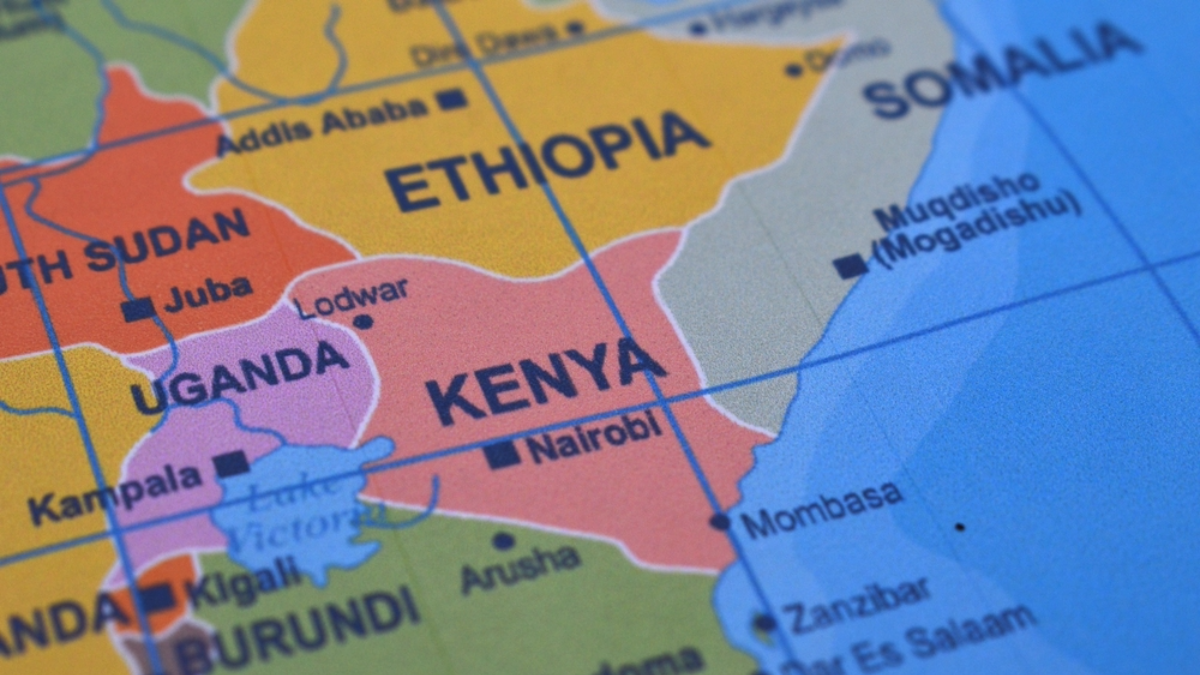
As artificial intelligence (AI) technology evolves, East Africa faces a crucial challenge: reaping the benefits of AI without compromising consumer protection or ethical standards. The region is already harnessing the vast potential of AI, requiring strong regulatory frameworks and ethical guidelines to be put in place. Balancing these priorities is tricky as AI is deployed in sectors such as healthcare, logistics and finance. To successfully manage this balance, several factors must be taken into account, including consumer protection, regulatory adaptation and ethics.
Consumer protection is one of the biggest challenges to AI adoption. Although AI holds great promise, its uncontrolled deployment can have significant consequences. For example, a CABLE report highlighted an AI-powered healthcare system that incorrectly categorized prescriptions intended for human patients as pet medications, highlighting the risks posed by underdeveloped or untested algorithms. Such incidents highlight the need for clear accountability in AI-based decisions, especially in sensitive sectors like healthcare.
Additionally, consumers find it difficult to prove non-compliance in AI systems because the opacity of these technologies complicates accountability. The European Union (EU) has addressed this challenge with the AI Act, the Digital Content and Digital Services Directives, and other robust regulations focused on digital services. East African laws, like that of Kenya Sale of Goods Actare obsolete. These laws fail to address digital goods, AI errors, algorithm transparency, and effective consumer remedies – crucial safeguards in the digital age.
Regulatory adaptation is urgently needed to fill these gaps. Outdated legal frameworks leave AI behind. For example, autonomous technologies like self-driving cars illustrate this problem. While features like Adaptive Cruise Control (ACC) are becoming standard across the world, traffic laws in East Africa are yet to catch up. In Kenya, for example, the Traffic Laws requires a human operator to drive all vehicles, which conflicts with AI-driven vehicles. Therefore, East African countries need to revise their traffic and transport laws to adapt to AI-driven vehicles and develop clear legal frameworks for emerging technologies. For example, AI in logistics could help streamline supply chains and improve deliveries, but outdated laws could delay this progress. Additionally, liability issues arise: if AI-based systems cause errors, such as wrong shipments or missed deadlines, the current legal framework may have difficulty assigning responsibility. The lack of a clear framework erodes public trust and stifles innovation in sectors essential to the region’s development.
Another concern is the ethical implications of AI. Unlike the EU, which has established detailed guidelines, East African countries lack formal ethical standards for AI. This gap leaves room for bias in AI systems, which could disproportionately affect marginalized communities. For example, biased credit algorithms could restrict access to loans to smallholder farmers or informal sector workers, while recruitment algorithms could overlook qualified candidates from underrepresented ethnic groups or rural areas. A clear ethical framework emphasizing transparency, fairness and accountability is essential to ensure that AI developments comply with human rights and do not reinforce inequalities. To prevent these risks, East African countries must align their frameworks with international human rights standards to ensure fairness and transparency of AI systems.
As AI advances, East African countries must quickly address governance gaps, protect consumer rights, regulate emerging technologies, and establish ethical guidelines. Governments, technology companies and civil society must collaborate to shape these guidelines and ensure that the deployment of AI benefits everyone. This will ensure responsible deployment of AI and position the region for a prosperous AI-driven future.


